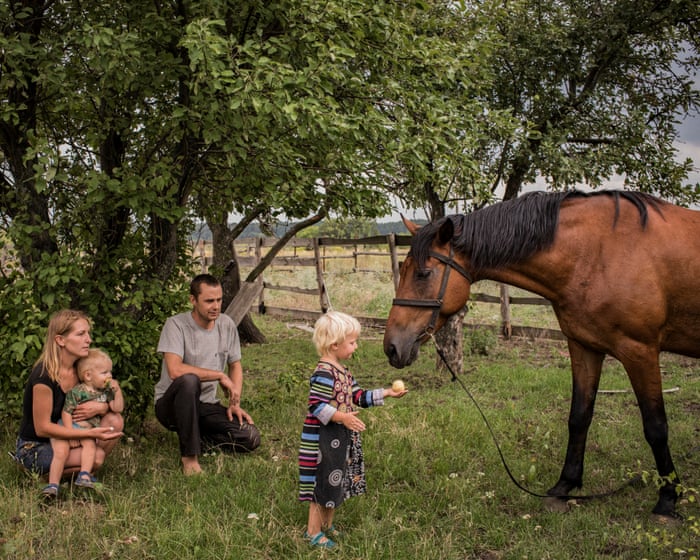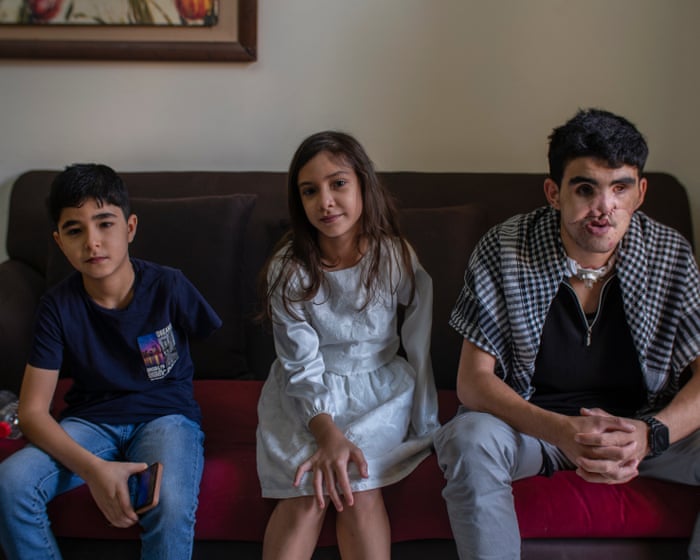Bassem Youssef, an exiled Egyptian comedian, knows all too well how governments can suppress political satire. This week, he had a brief message for those living under Donald Trump’s crackdown on free speech: “My Fellow American Citizens,” he wrote on X. “Welcome to my world.”
By targeting prominent American satirists, the U.S. president has aligned himself with illiberal and thin-skinned leaders worldwide who can’t take a joke.
The latest victim of what critics call a campaign to silence dissent is Jimmy Kimmel, whose late-night ABC talk show was suspended following government pressure. This move comes just weeks after CBS canceled Stephen Colbert’s satirical program and follows other Trump-led efforts to suppress media and academic voices.
Opponents of the president argue that the shrinking space for free speech signals a slide toward authoritarianism in Trump’s America. Senator Bernie Sanders told MSNBC that the country is heading in the direction of oppressive regimes like Russia and Saudi Arabia. “This is just another step forward,” he said.
From Egypt’s military leader, Abdel Fatah al-Sisi, to India’s populist prime minister, Narendra Modi, comedians often find themselves silenced as democracy erodes.
Youssef is one of the most well-known comedians whose life was upended by his political satire. He first gained fame with a TV show that mocked the Egyptian regime.
Often called the “Egyptian Jon Stewart” due to his inspiration from—and resemblance to—the U.S. host, Youssef is a former heart surgeon who became a household name.
But his satire made him a target of two opposing governments. He was first arrested in April 2013, accused of insulting Islam and Egypt’s then-president. Months later, when Sisi seized power, Youssef was forced to cancel his show and flee the country.
Youssef has said his struggle was not only against Egypt’s repressive leaders but also its conservative culture. “We didn’t have a space for satire in Egypt. We carved out our own space. We had to fight for it,” he explained in a 2015 interview. “Because there’s no platform or infrastructure for that kind of satire, we were pushed out… We’re up against generations who don’t have this mindset. It was an uphill battle.”
Comedians in other countries have also been swept up in nationalist fervor.
In India, which has a history of lively public debate, critics say there’s less room to challenge Modi’s right-wing nationalist government since his Hindu Bharatiya Janata Party (BJP) took power over a decade ago.
Comedians and comedy venues have increasingly faced pressure. In 2021, a Muslim comedian was detained for weeks over allegedly offensive jokes about Hindu gods, even though he never performed them. That same year, Vir Das faced backlash and police complaints from BJP officials after a monologue highlighting contradictions in India’s attitudes toward women’s rights and religion.
In 2017, Mumbai police filed a case against a comedian over a tweeted photo of Modi altered with Snapchat’s dog filter, giving him canine features.
Similar incidents have occurred in Russia. Idrak Mirzalizade, a stand-up comedian of Azerbaijani origin and Belarusian citizenship, was detained for 10 days and later banned from the country for joking about open racism in Russia.
Comedy, it seems, is sometimes treated as a transnational crime.
In 2016, the Turkish government called for the prosecution of a German comedian over a satirical poem about its president, which aired on a late-night TV show.On the German public broadcaster ZDF, Jan Böhmermann sat before a Turkish flag with a small framed portrait of Recep Tayyip Erdoğan behind him. He read a poem that accused the Turkish president of oppressing minorities and “kicking Kurds.”
Erdoğan’s lawyer, Michael Hubertus von Sprenger, sought a total ban on the poem. At the time, German Chancellor Angela Merkel faced widespread criticism for what many saw as yielding to pressure from Ankara.
Böhmermann later said he felt Merkel had “filleted and served him up” to Erdoğan, warning that her actions threatened freedom of speech in Germany. Although criminal charges were eventually dropped against him, Böhmermann was placed under police protection.
Frequently Asked Questions
Of course Here is a list of FAQs about the relationship between comedy and democracy presented in a clear and natural tone
General Beginner Questions
Q What does the phrase the laughter often dies when democracy does mean
A It means that in societies where free speech is restricted comedians cant make jokes about leaders or serious issues without fear of punishment This kills the spontaneity and honesty that great comedy needs
Q Why is comedy so important for a healthy democracy
A Comedy holds power accountable By making fun of politicians and powerful institutions comedians act as watchdogs They can point out hypocrisy corruption and stupid ideas in a way that news reports often cant making complex issues relatable to everyone
Q Can you give me a realworld example of this
A Sure In the Soviet Union jokes about the government were a form of quiet rebellion told in secret Today in countries with strict censorship comedians often face arrest fines or worse for jokes that would be considered normal satire in a democracy
Q But cant comedians just avoid politics and be funny
A They can but it often limits their art The most impactful comedy often comes from observing real life and politics is a huge part of that Avoiding it means ignoring a major source of material about power society and human behavior
Advanced Practical Questions
Q Isnt cancel culture in democracies also a threat to comedy
A This is a hot debate Some argue that social media backlash creates a new form of censorship making comedians afraid to tackle sensitive topics Others see it as public accountability not state censorship The key difference is that in a democracy a comedian isnt usually jailed by the government for a joke
Q How do comedians in nondemocratic countries still manage to perform
A They often use coded language allegories and absurdist humor that their local audience understands but is vague enough to avoid official blame They might also perform underground or share material exclusively on encrypted messaging apps
Q Whats the difference between satire and just being offensive



